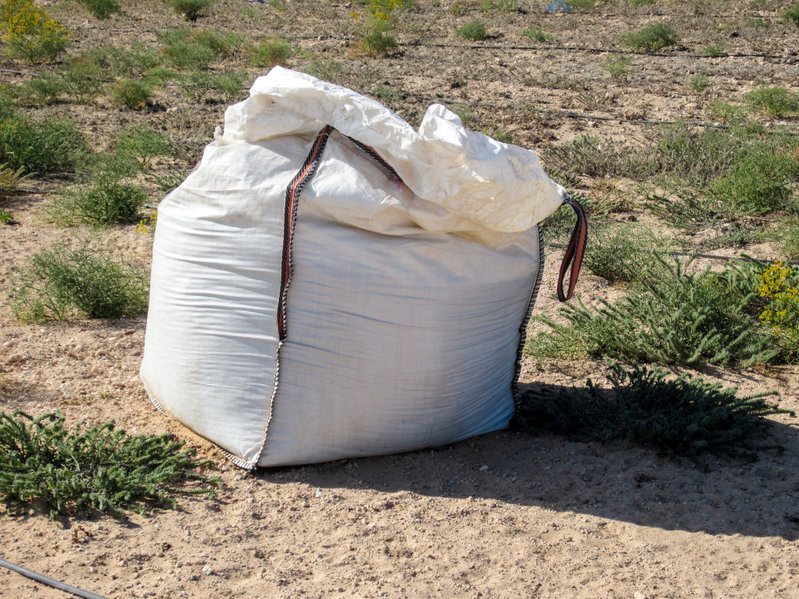
The NFU is advising farmers to plan ahead for a change in the law that means they will need to provide photo ID before they can purchase ammonium nitrate fertiliser.
A widening of the Control of Poisons Regulations 2023 will affect sales of AN fertilisers with a nitrogen content of 16% or more after 1 October.
The NFU said farmers should be aware of this new regulation so that they can work with their suppliers ahead of the need to purchase fertiliser.
The new rules will apply to compounds, blends and mixtures such as NPK fertilisers that exceed the AN threshold regardless of the overall nitrogen content.
The regulations will also apply to CAN (ceric ammonium mitrate) and potassium nitrate.
The NFU said photo ID provided can be of anyone in the farm business tasked with making the purchase.
Verification will be kept on record and will need to be updated every 18 months in the case of professional users, the union said, or if there is a change to a usual order.
"If someone is seeking to buy fertiliser on behalf of others, the key test is likely to be who is acquiring the fertiliser on delivery," the NFU said.
"If you’re buying on behalf of a group, a photo ID for the farm it will be delivered to is likely be required by the merchant.
"It doesn't need to be a passport or driving licence. You will need to record the type of business and VAT number."
The changes have been the subject of considerable lobbying from fertiliser trade association Agricultural Industries Confederation (AIC), which has said that ‘tens of thousands’ of farmers could be caught out by the change.
AIC head of fertiliser, Jo Gilbertson said: “While we will always support efforts to further minimise the public safety risks of fertiliser falling into the wrong hands, the government has failed to understand how ammonium nitrate products are bought and sold within agriculture."
NFU crops board chair, Matt Culley added: "The NFU has stressed the importance of ensuring additional measures such as this do not put barriers in place that disrupt a grower's ability to purchase important crop nutrients, especially during times of urgency to get fertiliser on farm."
